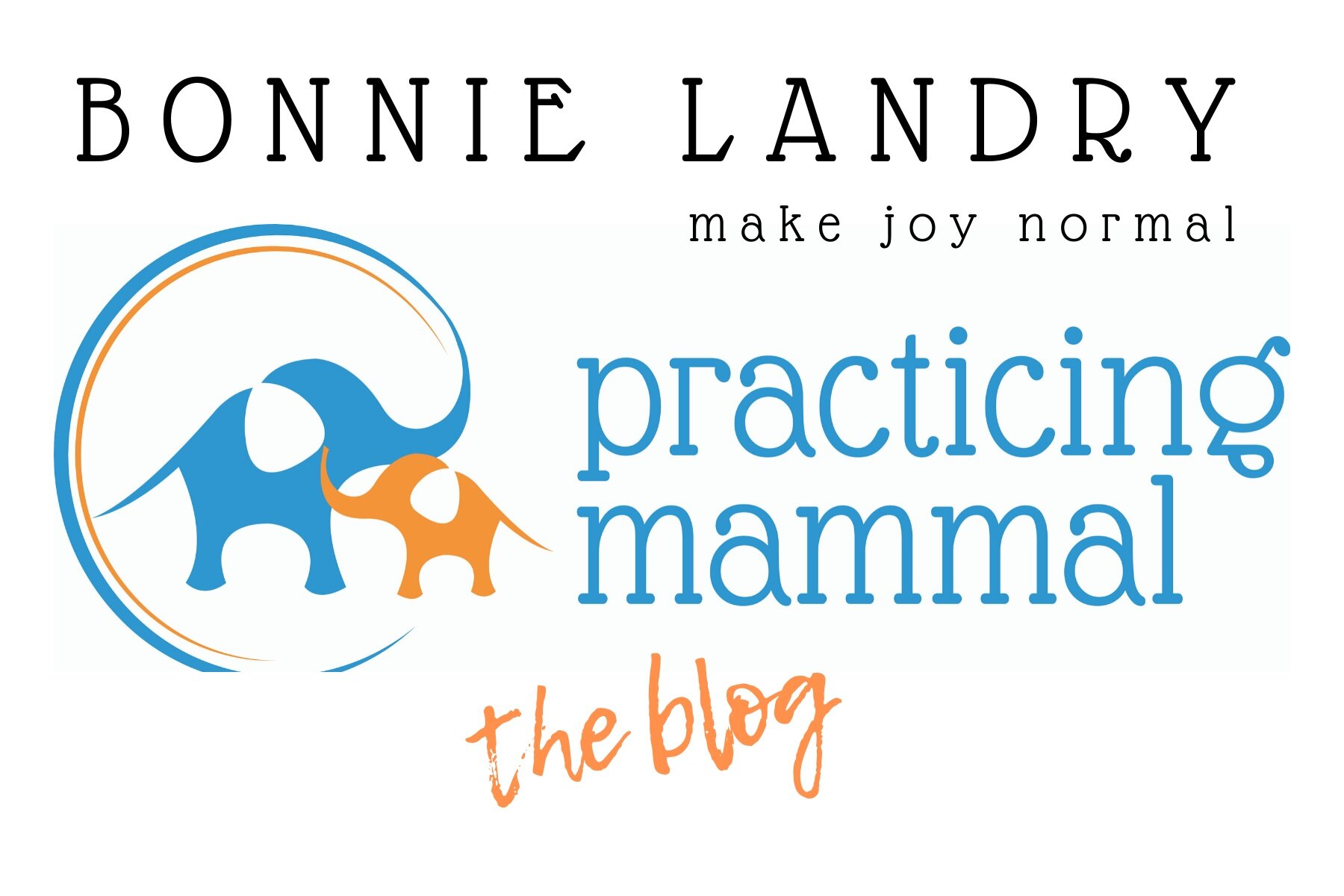high school writing for the afraid
To reiterate. Understanding of and exposure to literature create the foundation for writing. Even if they (your children) only ever write essays (as opposed to novels or poetry, say) they will recognize beautiful language patterns. Garbage in, garbage out. We cannot expect people to create vivid and effective ideas from their own brains if they are wanting in thier understanding of language, cultures and philosophical thought.
Of course we give them this broad exposure to ideas, history, cultures and language by reading beautiful literature of all types. But we also need to look closely at language as though under a microscope (add five miinute education) to fully realize the purpose and beauty of language. The most effective way of doing this is by employing the dictation model. I have written many posts on dictation (follow the link) on this blog and my other blog Practicing Mammal, this link will take you to those posts.
And, I wrote a little teeny book on it that you can read IN AN EVENING. or listen here I'm not even kidding.
So, I won't belabour that point, because I've used a lot of energy to get information on dictation out there already. However, I will talk about dictation in high school just for a moment.
I used to do dictation with my kids all through their school years until I could no longer challenge them with the technical skills of language, such as punctuation or spelling, and that their penmanship was passable. However, I've changed my thoughts on that in the last couple of years. Because dictation is so short, and so effective for understanding language, with my younger children I'm continuing it all the way through. Five to ten minutes gives me an opportunity for a few things. I can discuss the beauty, the purpose, the themes of language. We can talk about the writer, his life, his reasons for writing. We have a moment in the day to simply talk about language. But mainly, my friends, I want this moment through high school to connect. It's joyful. Sometimes it leads to larger conversation about the whys and hows and ways of the world. Sometimes it leads to how we feel, how we react, how we harbour anger or how we grieve loss.
Why, I ask you, why would I not want to cultivate this opportunity with my young adults, who can be so busy and so hard to reach sometimes?
Dictation lays the foundation for high school writing. Even if you are late to the party, just jump in!
Next post I'll talk about perfecting a paragraph.

